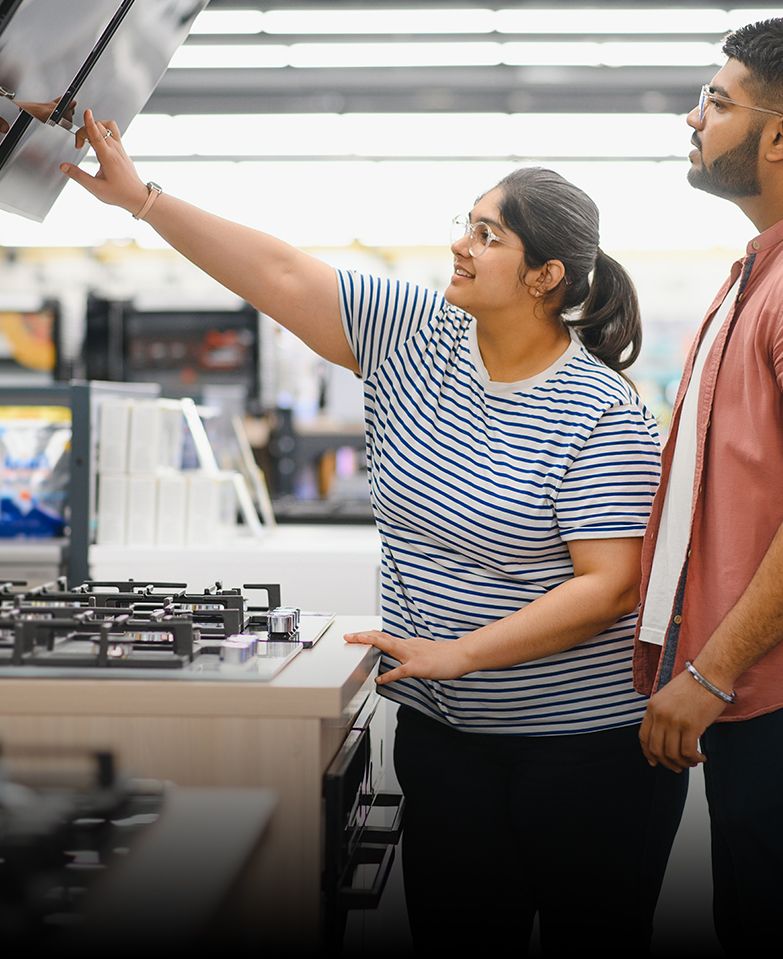
How To Use A Credit Card Wisely & Effectively?
Financial decisions significantly impact both your present and future, so mastering the skill of managing your finances is essential. One of the crucial aspects of managing your finances is to learn how to use a credit card properly. Using a credit card is easy and enticing, but it can also lead to debt if you do not have the money to repay the money you owe.
So, how can you avoid these pits while making the most out of your credit card? Well, this article points out nine powerful ways by which you can learn how to use a credit card wisely. These tips will help you ensure better management of finances while ensuring you do not miss out on the opportunity to use your credit card. So let’s get started!
How to use your credit card smartly?
By learning how to use a credit card smartly, you can manage your finances and build a strong credit history. Some of the ways for smart use of a credit card are as follows:
1. Choose wisely
Firstly, whenever you choose a credit card, it is essential to approach it carefully. Consider various factors to ensure the credit card you opt for aligns with your financial needs and lifestyle.
First and foremost, scrutinise the fee structure of the card. Look for cards with low or no annual fees. This will not only help you save money but will also help you earn rewards on your purchases.
Subsequently, consider the incentives offered by the card. Distinct cards provide rewards such as cashback, travel points, or discounts tailored to specific purchases. Analyse your spending patterns and select a card whose rewards align with your customary expenditures.
Furthermore, pay attention to the interest rates linked to the card. Finally, factor in the credit limit extended by the card.
2. Set a budget
The next way to use a credit card smartly is by evaluating your monthly earnings, encompassing your salary, freelance income, or any other monetary inflows. Once you have a clear picture of your income, organise your expenditures. This entails itemising all fixed outlays, like rent or mortgage obligations, utility charges, grocery costs, and insurance.
Furthermore, check for discretionary expenditures such as dining out, leisure activities and other non-essential outlays. Once you have outlined your expenses, earmark a portion of your budget for your credit card payments.
Ensuring this designated sum comfortably fits within your financial plan is imperative. If you observe consistent overspending in specific categories, modify your budget accordingly.
3. Pay on time
Timely payment of your credit card bill is the best answer to how to use a credit card wisely. Payments made on time are the cornerstone of responsible credit management. Missing due dates not only results in the imposition of late fees but can also harm your credit score.
To stay on top of your payments, consider setting up reminders. These can be calendar alerts, smartphone notifications, or even automated payments.
Choose the best method, but always ensure you know your due dates and make payments promptly. A well-executed payment strategy helps you avoid late fees and maintain a positive credit history and showcases your commitment to managing your credit responsibly.
Must Read: What Is An Airport Lounge Access Credit Card?
4. Full payments
Practice to settle your monthly credit card balance is of utmost importance. Paying off your balance amount eliminates the chance of accruing interest on any remaining amount.
This approach holds significant relevance, especially when purchases are planned to carry over to the subsequent billing cycle. Paying only the minimum required amount could result in extended repayment timelines and heightened debt due to the accumulation of interest fees.
Guaranteeing that your expenses align with your budget and consistently paying off your balance each month showcases a proactive strategy for curbing your financial obligations.
5. Monitor regularly
Regularly reviewing your credit card transactions is crucial to controlling your financial well-being. By taking the time to check your transactions periodically, you're able to identify any unauthorised or unfamiliar charges swiftly.
The convenience of online banking and mobile apps makes this practice easier than ever. Detecting and addressing irregularities promptly can save you from potential financial loss and even protect you from identity theft.
6. Emergency fund
While credit cards can provide a safety net during unforeseen circumstances, solely relying on them can lead to accumulating high-interest debt over time. This is when an emergency fund comes in handy.
An emergency fund is a financial cushion ready to support you during unexpected events such as medical expenses or sudden unemployment. It is advisable to gradually build your emergency fund by setting aside a portion of your monthly income.
This fund provides a sense of financial security and allows you to handle emergencies without resorting to the cycle of credit card debt.
7. Credit utilisation
Sustaining a favourable credit utilisation ratio holds significance in cultivating a positive credit score. This ratio reflects the relationship between your credit card balances and your credit limits. An elevated utilisation ratio can negatively impact your credit score, as lenders could perceive it as a sign of potential financial strain.
Conversely, utilising a portion of your accessible credit showcases your adept financial management. Consistently overseeing your credit utilisation and adapting your spending habits play a role in upholding a robust credit profile.
8. Understand rewards
If your credit card has rewards, you must fully grasp how they work to make the most of them. Rewards can take numerous forms, such as rebates, travel points, or discounts on certain purchases. Familiarise yourself with the type of rewards your card offers and how you can earn them.
While using your card for everyday purchases to earn rewards can be enticing, it is crucial to refrain from swaying into overspending beyond your budget. Understanding the redemption process, any limitations, and the potential value of the rewards helps you effectively leverage the benefits of your credit card.
9. Avoid cash advances
The use of a credit card for cash advances should be an option of last resort, primarily because of the substantial expenses linked to this practice. Cash advances typically involve substantial fees, computed as a percentage of the advanced amount.
Furthermore, apart from these charges, interest accumulates immediately, often at elevated rates compared to standard purchases. It is wise to consider alternative avenues for accessing funds, such as utilising your emergency fund.
By steering clear of cash advances, you safeguard yourself from avoidable costs and retain enhanced authority over your financial stability.
Must Read: What Is A Credit Card Billing Cycle?
What if you don’t have a credit card?
If you are one of those without any credit card, you can apply for a lifetime-free Credit Card through Kotak811. It is one of the best credit cards for beginners. So, even if you do not have a credit score or income proof, you can get it by booking a Fixed Deposit of Rs 5,000 with Kotak Mahindra Bank.
Conclusion
Understanding how to use a credit card wisely and effectively is the key to a more secure future. Remember, your credit card is not just a card. Instead, it is an additional financial support that, when wielded with care, can offer convenience and even rewards. You can benefit from using your credit card by adhering to responsible practices. So, next time you use your credit card, remember these tips.
Share



